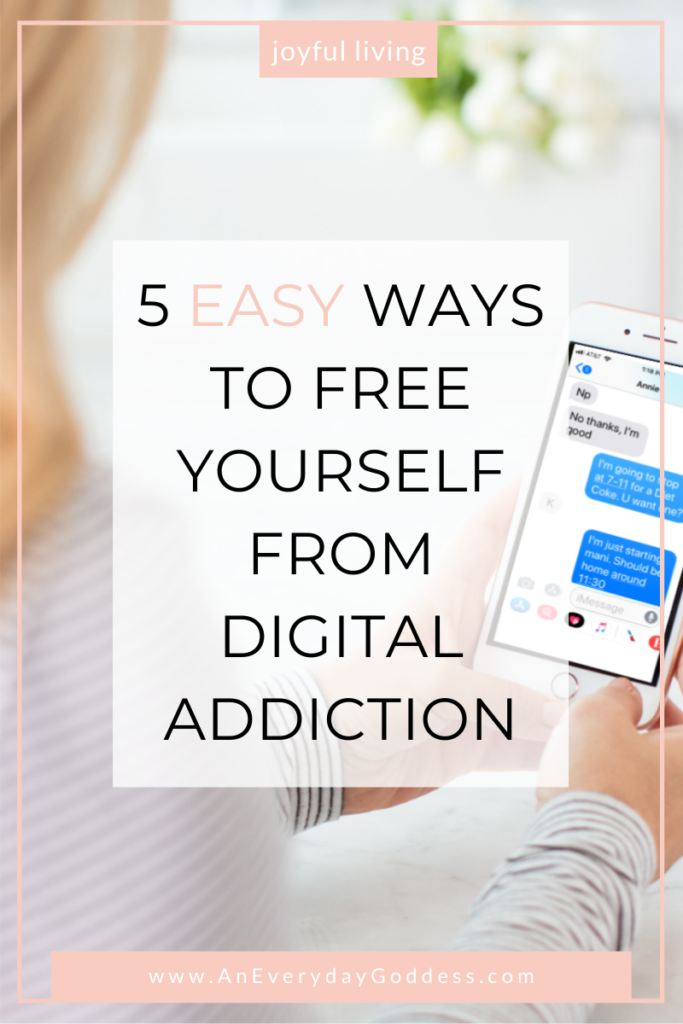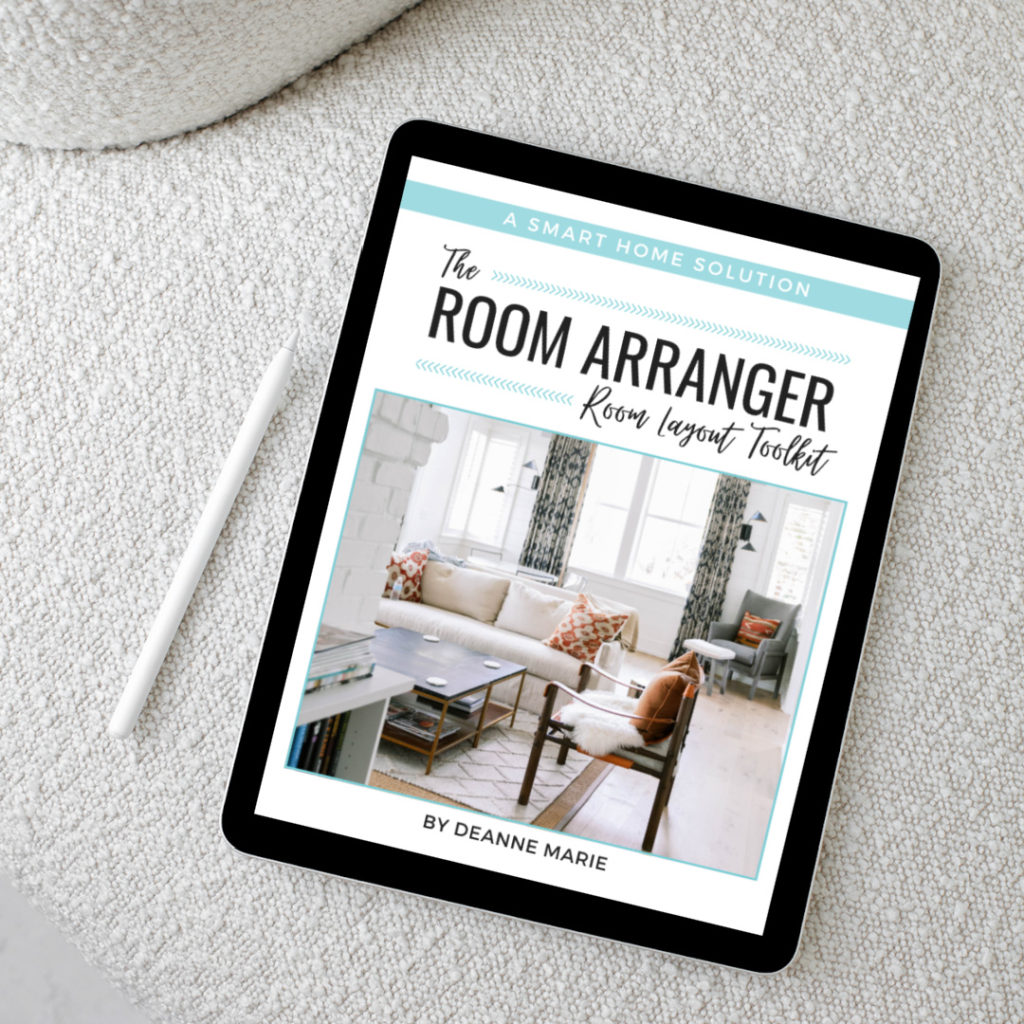
Digital addiction is real, and it’s stealing precious time from you and robbing you of vital connections with people and the world around you, and can even affect your health! The good news is, with a few new, painless—and even fun—habits, you can begin to free yourself from addiction to your digital devices.
The other day I was in an elevator with four other people. A man was having a voice conversation on his phone. A woman was engaged in a text chat on her phone. Two other women were busy swiping, tapping and scrolling on social media on their phones.
No one said “good morning.” No one looked up. Thank goodness the elevator’s voice program announces the floor, or they’d all have missed their stops.
It’s a phenomenon I see every day riding on the bus, walking down the street, or eating dinner in a restaurant: people glued to their phones like their very lives depend on it. Seriously, look up right now and take a look around you. You’ll see it, too.
I don’t know why it bothers me so much, except that it has made me much more aware of, and uncomfortable with, my own screen time. It makes me wonder, when we stop engaging with each other and the world around us, do we stop engaging with life itself? Why do we feel we need to fill every moment of the day having conversations, being “social” or consuming content? What’s really going on here?
The struggle is real
Smartphone addiction is just as real as addiction to caffeine, drugs, or cigarettes. A study by Bank of America in 2015 found:
- 36 percent of people check their phones constantly, while 54 percent of young adults are checking constantly.
- Nearly 40 percent of people never disconnect from cell phones, even while on vacation.
- 44 percent of Americans say they couldn’t go a day without their mobile devices.
That was a few years ago, and my guess is, we’ve gotten more addicted.
It’s not entirely our fault, though. Former executives for major social media platforms are coming forward, revealing that those sites are designed to deliver our brain hits of the same feel-good chemicals as cocaine or slot machines. They want us in a feedback loop that delivers more eyes and swipes and taps to their advertisers. (To find out more, watch The Social Dilemma documentary on Netflix.)
What’s worse is, smartphone addiction impacts our health. Research is beginning to show increases in anxiety and depression and even car-related injuries and death due to excessive smartphone usage. And in a 2019 UK study, 39 percent of young adults (aged 18 to 30) reported smartphone addiction, with nearly 70 percent of them reporting poor sleep, independent of duration of usage.
Digital addiction blurs perspective
Since the iPhone hit the market in 2007 (uh, that’s only 15 years ago!?), smartphones have become essential (or so we think) to everyday life. Maps, mobile banking, weather, social media, news, shopping … the world is literally at our fingertips.
But, when did everything in our lives become so important or so urgent that it can’t wait? Can we even distinguish between what’s important or not? What’s urgent or not?
I’m old enough to remember a time when our telephones plugged into the wall and you had to dial each digit of a phone number with a finger in the corresponding hole on rotary plastic disk. Then along came the answering machine, and wow, that was exciting! Looking back, it seems like it was also the birthplace of the anxiety-ridden fear of missing something that forces people to stay constantly connected.
Nothing is that important or urgent! Literally, nothing. Well, maybe birth and death. Those are the only things urgent enough to need to know right away.
Where my friend wants to go for dinner tonight, not urgent.
How many “followers” liked my Instagram post, not urgent.
The latest stupid thing some political do-dah said, not urgent.
Why green juice will improve my life, not urgent.
What my boss or my clients want is important, and that’s what work time is for. Not lunchtime, not weekends, not bedtime.
To be clear, I don’t think it’s realistic or healthy to completely disconnect from our digital devices. I definitely use my phone to check the weather or listen to a podcast while I’m on the bus. I use my phone to meditate with the Calm app. I use my phone to look up where the movie I’m streaming was filmed (and then dream of vacationing there), and to look up recipes (I’m obsessed with the Bakerita blog).
Smartphones are amazing devices. It’s when we allow our use of a smartphone to take over every waking moment of the day that they turn from a blessing to a curse. From a convenience to an addiction.
Breaking a digital addiction
Now, if you’re reeling at the thought of putting down the phone, that’s probably a good sign that you need to disconnect once in a while for your own sanity.
It’s up to us to keep that very real, very human need to feel needed, included, or “in the know” at a healthy and harmonious level. It’s up to us to set boundaries.
Here are five simple ways to begin freeing yourself from digital addiction:
1. Silence your phone. Turn off notifications for email and social media apps. Use the ‘do not disturb’ feature on your phone to set “silent” times. (You can still receive calls or texts from specific people.) Mine is set from 9 pm to 8 am.
2. Make meal times “no phone zones.” Whether you’re at home or eating out, by yourself or with a date or your whole family. No. Phones. Not even to look up the name of that actor whose name you just can’t quite remember.
3. Use time wisely. Set the timer on your phone to limit game time, social media time, podcast time—whatever sucks you in the most. When the timer goes off, stop. No exceptions.
4. Be more intentional using your phone. Organize your apps into categories (here’s how) so you have to look for them before opening them, ideally with a specific purpose in mind. Remove apps that are the biggest wasters of your time and money, forcing you to use a laptop to check your feed or to purchase items.
5. Do something analog (non-digital) at least once a day. Read a book. Have a conversation with a friend over coffee. Color in a coloring book. Find joy in connecting with yourself and others in the real world. (Here are 10 joyful ways to spend a little extra time!.)
Remember, it’s an addiction. Like any addiction, there may be withdrawal symptoms. If you think you need more support to cut back on smartphone use, help is out there.
Be brave! There’s big, bright world waiting for your eyes to look up from the screen.
Instead of thinking about what you’re giving up by putting down your phone, flip it around to see what you’re getting:
- More sunshine on your face. (Literally, just turn your face into the sun and remember how that feels.)
- More real connection with the real people in your life.
- More wonderment about the world around you. (Has that stone eagle always been peering out from the rooftop? Cool!)
- More engagement with life!
We only have so many days, hours and minutes on this earth. How do you want to spend yours? That’s what’s important.


 Hi! I’m Deanne Marie – designer, author, attorney, travel enthusiast and everyday goddess. I love showing other single professional women how to create a home that is as comfortable as it is stylish, and have joy-filled, everyday goddess kind of life.
Hi! I’m Deanne Marie – designer, author, attorney, travel enthusiast and everyday goddess. I love showing other single professional women how to create a home that is as comfortable as it is stylish, and have joy-filled, everyday goddess kind of life.
